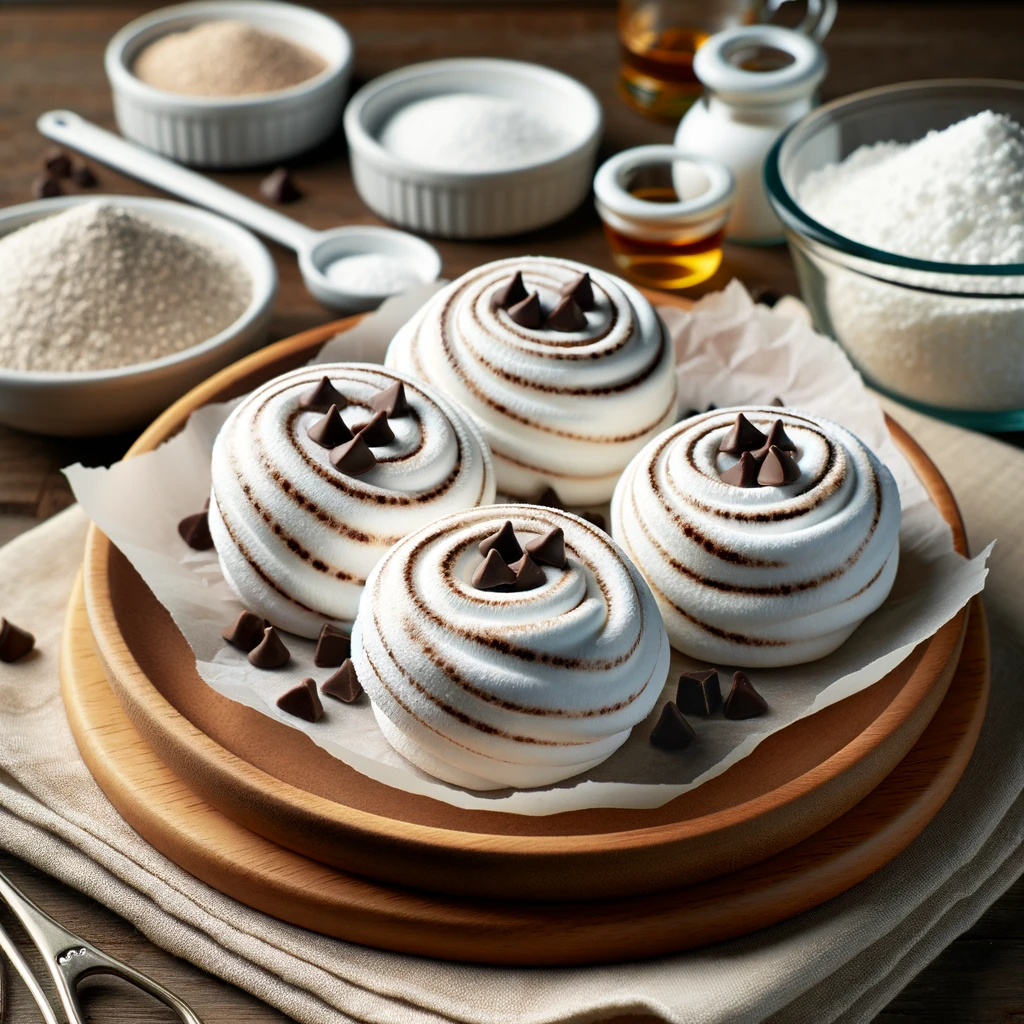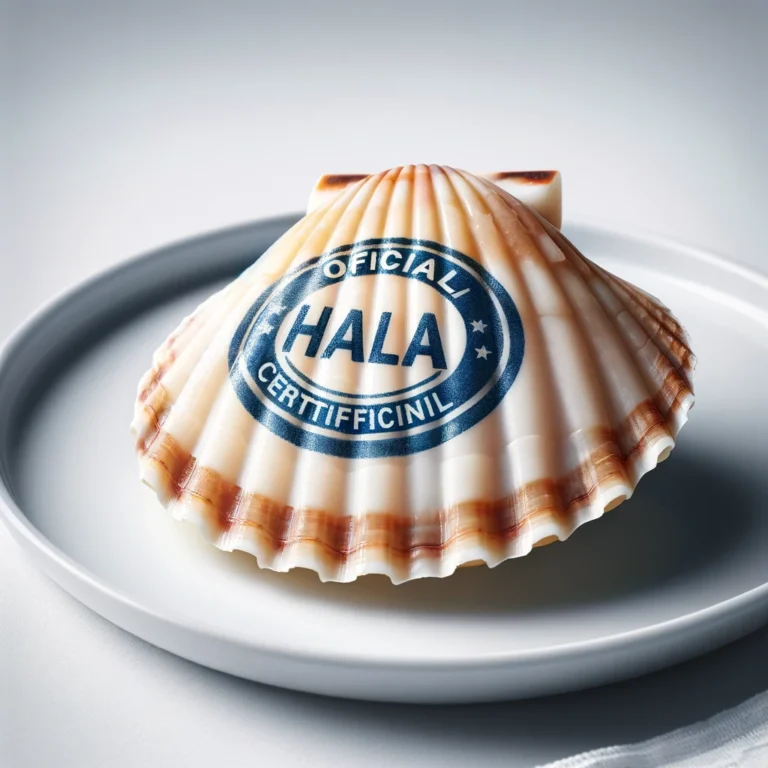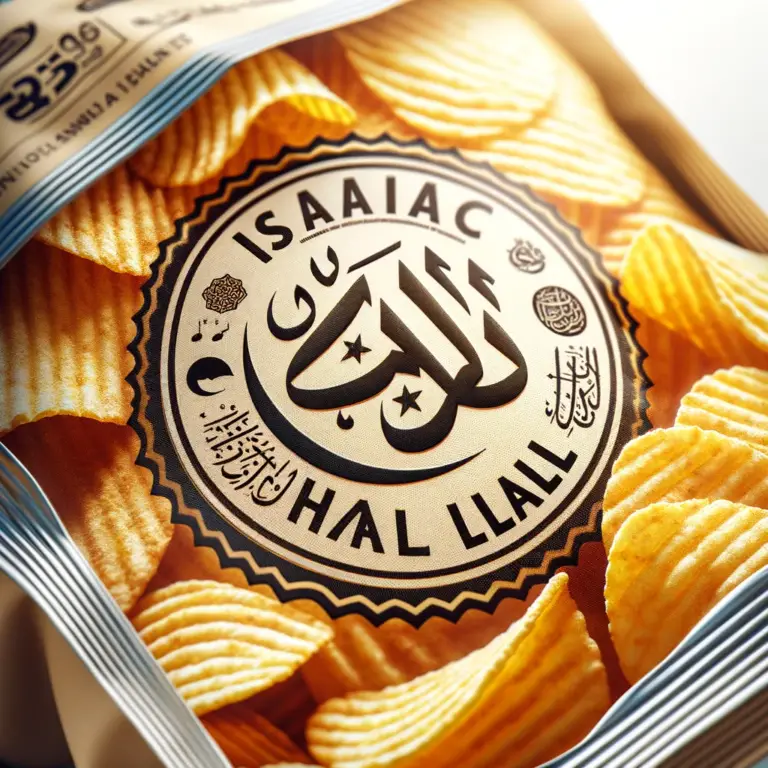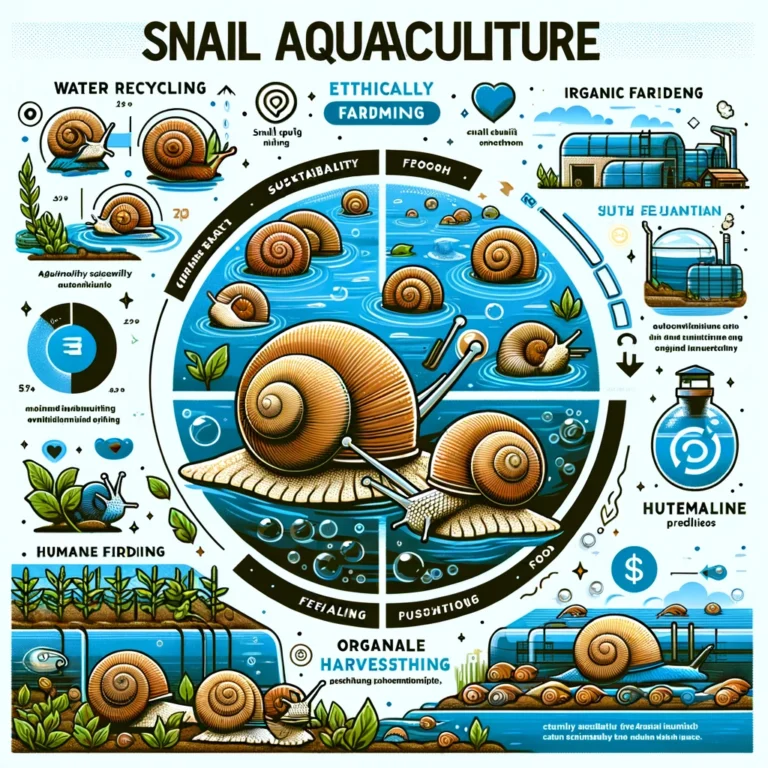Are Marshmallows Halal?
Marshmallows are a popular confectionery treat enjoyed around the world. However, many Muslims wonder whether marshmallows are halal. This comprehensive guide will examine if marshmallows are halal according to Islamic dietary restrictions.
Ingredients in Marshmallows
The key ingredients used to make marshmallows include:
- Sugar – Granulated white sugar or corn syrup provides sweetness.
- Water – Adds moisture.
- Gelatin – Gelatin gives marshmallows their soft, spongy texture. It acts as a gelling agent.
- Cornstarch – Cornstarch prevents marshmallows from sticking together.
- Flavorings – Vanilla and other flavor extracts add flavor.
- Colors – Food colorings like titanium dioxide provide color.
So are marshmallows halal? The potentially problematic ingredient is gelatin.
Is Gelatin Halal?
Gelatin is what gives marshmallows their distinctive soft, squishy texture. But where does gelatin come from? And is gelatin halal certified?
What Is Gelatin Made Of?
Gelatin is a protein substance derived from collagen. It has unique gelling properties. Gelatin can come from two sources:
- Pork skins, pork bones, cattle hides – This type of gelatin is not halal as it comes from forbidden sources according to Islamic law.
- Fish skins/bones – Fish gelatin is halal.
Gelatin from cattle hides undergoes extra processing to ensure no remnants of meat remain, but there is still dispute whether cattle gelatin can be considered halal:
- Some Islamic schools argue cattle gelatin is halal since the cattle hides undergo extensive processing and chemical transformation during gelatin production. No meat particles remain.
- Other schools argue that since gelatin comes from cattle/pigs in the first place, it cannot be halal, regardless of the chemical processing method.
As such, whether gelatin is permitted depends on the interpretation of Islamic law followed.
Gelatin Alternatives
For marshmallows to be definitively halal, gelatin alternatives must be used, such as:
- Agar Agar – A gum derived from algae/seaweed. Completely halal.
- Carrageenan – Extracted from red seaweed. Halal approved.
- Pectin – Found naturally in fruits. Halal source.
- Gum Arabic – Exudate from acacia trees. Halal.
These gelatin substitute ingredients allow marshmallows to achieve a similar soft, chewy texture while remaining 100% halal certified.
Are Most Store-Bought Marshmallows Halal?
Most conventional marshmallows bought at the grocery store contain either pork-derived gelatin or cattle gelatin. Neither would be considered halal by all Islamic authorities and consumers seeking out halal food.
Many brands also process products on equipment that handle non-halal ingredients like pork gelatin, further complicating the issue.
As such, most mainstream brands like Kraft Jet-Puffed cannot confidently claim their regular marshmallows are halal compliant:
No – Majority of nationally available brands use non-halal pork/cattle gelatin.
However, there are a few specialty halal marshmallow options emerging:
- Guimauves Halal – This Canadian brand uses fish gelatin for halal marshmallows.
- Halal Marshmallows Co – UK company that produces halal gelatin-free, vegan marshmallows.
Certain mainstream brands also now offer gelatin-free “vegan” marshmallow variants that state their suitability for vegetarian or halal diets:
- Kraft Jet-Puffed Vanilla Marshmallows – Contains no gelatin and uses pectin instead. No animal products.
- Sweet & Sara Vegan Marshmallows – Gelatin-free and certified by the Islamic Food and Nutrition Council of America (IFANCA).
So while the majority of conventional mass-market marshmallow brands are not halal certified, there are now more options for consumers looking specifically for halal marshmallows, either from halal-specialty producers or national brands offering gelatin-free alternatives.
Should Muslims Eat Marshmallows?

Whether or not Muslims should eat store-bought marshmallows containing mainstream gelatin depends on individual interpretations of halal principles:
Conservative View
- Since gelatin is derived from forbidden meat sources (pork) or questionable sources (cattle), consuming typical marshmallows with this gelatin should be avoided.
- Only marshmallows confirmed to contain halal gelatin varieties or gelatin substitutes should be considered permissible.
Liberal View
- Because the powdered gelatin undergoes such extensive processing, it is sufficiently chemically transformed, and consumption would be halal.
- Therefore regular marshmallows containing cattle-derived gelatin could still be eaten depending on personal halal standards.
Ultimately, the halal-appropriateness of marshmallows depends firstly on the type of gelatin used, as well as personal interpretations of gelatin processing methods in relation to Islamic dietary laws.
Conservative Muslims would likely avoid marshmallows unless they were halal certified or gelatin-free. More liberal practitioners may permit mainstream marshmallows depending on personal standards about chemical processing removing the essence of forbidden substances according to Islamic regulations.
Homemade Halal Marshmallow Recipe
Muslims who enjoy marshmallows but want to control the ingredients for halal standards can create homemade versions using gelatin substitutes like those listed above.
Here is an easy halal marshmallow recipe to make your own at home:
Ingredients
- 3 packets unflavored gelatin powder substitute (agar agar, carrageenan, pectin etc.)
- 1 cup ice cold water
- 1 cup white granulated sugar
- 1 cup light corn syrup
- 1/4 teaspoon kosher salt
- 1 teaspoon vanilla extract
Directions
- Combine sugar, corn syrup, salt and 1/4 cup water in a medium saucepan. Cook over medium heat until sugar dissolves.
- Mix in gelatin powder and salt in a large heatproof bowl. Slowly whisk in hot sugar mixture until gelatin dissolves.
- Use electric hand mixer to beat for 5 minutes until white, thick and fluffy.
- Add in vanilla and food coloring if desired. Whip again for 5 more minutes.
- Spread marshmallow evenly into greased baking pan. Smooth top with wet spatula dipped in hot water. Let set uncovered at room temperature for at least 6 hours.
- Once completely set, use knife to loosen edges. Invert pan to release. Cut into squares and enjoy!
This simple halal recipe uses a combo of agar agar and pectin to achieve a perfect squishy marshmallow texture. Customize it by adding different flavors or swapping the gelatin substitutes.
The Bottom Line
Are typical mainstream marshmallows halal? Generally no – most contain pork or cattle-derived gelatin, which fails to meet halal standards set by many Islamic food certification organizations and religious authorities.
What about specialty halal or vegan marshmallows? Options formulated with fish gelatin or gelatin alternatives like pectin, agar, and gums would qualify as definitively halal compliant. These are still relatively niche products but becoming more widely available.
Can you make homemade halal marshmallows? Yes – DIY marshmallows allow you to control the ingredients. Substitute gelatin with halal gelling agents like agar powder. Add your own natural flavors.
So should observant Muslims consume store-bought marshmallows containing mainstream gelatin? That decision ultimately relies on personal interpretations of processing methods for gelatin under halal laws. Conservative Muslims would avoid non-halal-certified marshmallows, while more liberal practitioners may accept major brand options.
| Type of Gelatin | Permitted According to Halal Standards? |
|---|---|
| Pork gelatin | No – Absolutely forbidden |
| Cattle gelatin | Ambiguous – Some schools permit it, others don’t |
| Fish gelatin | Yes – Halal approved |
| Gelatin alternatives (agar, gums, pectin etc) | Yes – Vegetarian substitutes qualify as halal |
Key Points Summary
- Most conventional marshmallows contain pork or cattle-derived gelatin, which does not meet halal dietary standards set by many Islamic authorities.
- A few specialty brands use halal fish gelatin or gelatin alternatives making definitively halal marshmallows.
- Mainstream brands also now offer gelatin-free “vegan” marshmallows, which would qualify as halal.
- Permissibility relies on interpretation of gelatin processing methods – conservative Muslims likely avoid mainstream marshmallows, while more liberal practitioners may accept major brand options.
- Homemade marshmallows allow control over ingredients for halal diets. Substitute gelatin with agar or pectins.
So in summary – no, typical marshmallows are not considered universally halal, but Muslim consumers have a growing number of specialty halal and gelatin-free options to enjoy this popular treat in a way compliant with Islamic dietary regulations.








